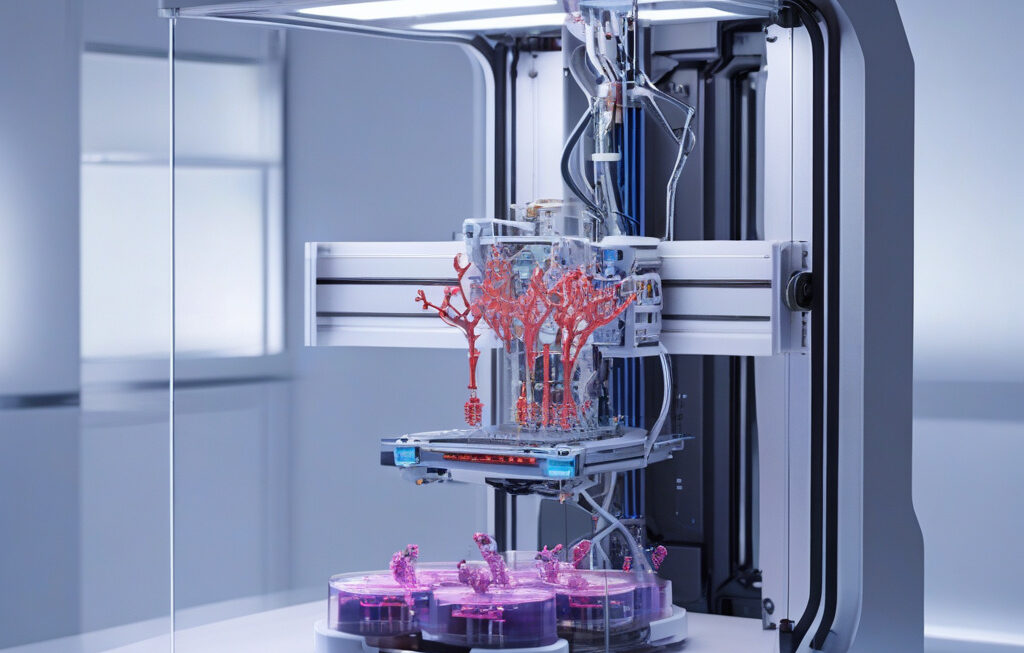Harvard Physicists Achieve Groundbreaking Milestone with First Continuous Quantum Computer
In the realm of quantum computing, where the boundaries of traditional computing are pushed to their limits, a team of physicists from Harvard University has made a monumental leap forward. The researchers have successfully built the world’s first continuous quantum computer, setting a new record by running the machine for over two hours. This remarkable feat far exceeds the previous record of a mere 13 seconds, marking a significant advancement in the field of quantum computing.
Quantum computing harnesses the principles of quantum mechanics to process and store information in a fundamentally different way than classical computing. Instead of using bits as in classical computers, which represent either a 0 or a 1, quantum computers use quantum bits, or qubits, which can exist in multiple states simultaneously. This allows quantum computers to perform complex calculations at an exponentially faster rate than classical computers, offering the potential for solving problems that are currently intractable.
The key achievement of the Harvard physicists lies in maintaining the coherence of the qubits in the quantum computer for an extended period. Coherence refers to the ability of qubits to stay in a superposition state, where they can exist as both 0 and 1 simultaneously. However, maintaining coherence in qubits is a significant challenge in quantum computing, as they are highly sensitive to external interference and decoherence, which can cause the quantum state to collapse.
By extending the coherence time of the qubits in their quantum computer, the Harvard physicists have overcome a major hurdle in the development of practical quantum computing systems. The ability to run a quantum computer continuously for over two hours opens up new possibilities for conducting complex calculations and simulations that were previously out of reach.
The implications of this breakthrough are far-reaching, with potential applications in various fields such as cryptography, drug discovery, materials science, and artificial intelligence. Quantum computers have the capability to revolutionize industries by solving complex optimization problems, modeling molecular interactions with high accuracy, and enhancing machine learning algorithms.
As quantum computing continues to progress, researchers are working towards building larger, more powerful quantum computers with increased qubit counts and improved coherence times. The achievement of the Harvard physicists serves as a testament to the rapid advancements in quantum computing technology and the growing potential for real-world applications.
In conclusion, the development of the first continuous quantum computer by Harvard physicists represents a significant milestone in the field of quantum computing. By surpassing previous records and demonstrating the ability to maintain qubit coherence for an extended period, the researchers have paved the way for future innovations in quantum computing. As the journey towards practical quantum computers continues, the possibilities for transformative technological advancements are indeed limitless.
quantum computing, harvard physicists, continuous quantum computer, qubits, coherence time












